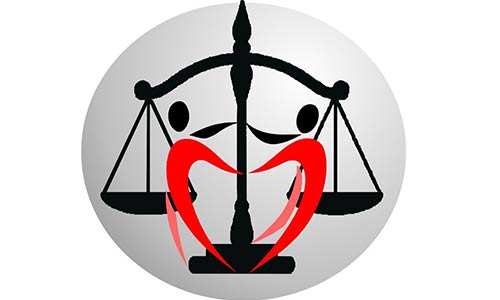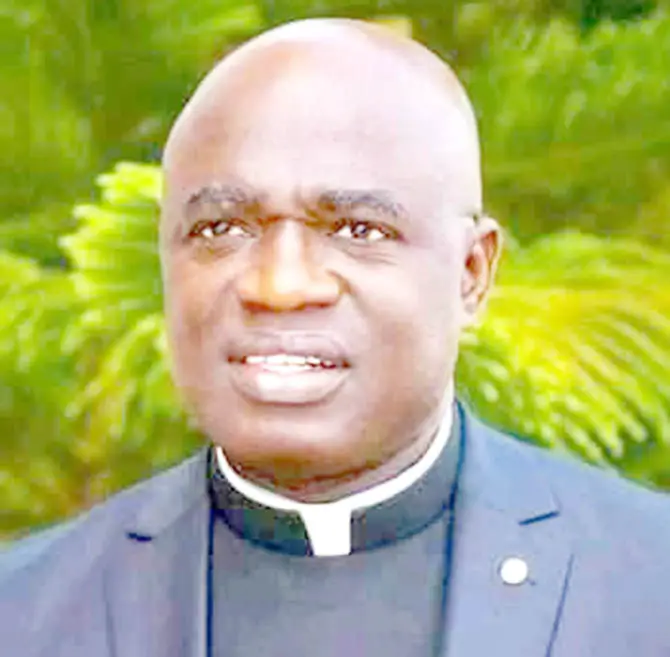
.. Accuses Buhari Of Politicizing The Process
An advocacy group, under the aegis of Access to Justice, has faulted the delay in submission of names of nominees of Supreme Court Justices to the Senate for confirmation
In a statement signed by its Convener, Joseph Otteh, and Project Director, Deji Ajare, made available to TheNigeriaLawyer (TNL), the group accused President Buhari of Politicizing the process and undermining the integrity of the Apex Court.
The Group recalls that in October 2019, the National Judicial Council (NJC) submitted a list of four (4) serving Justices of the Court of Appeal, – Justices Adamu Jauro, Emmanuel A. Agim, Samuel Oseji and Helen M. Ogunwumiju to President Buhari but same were not forwarded to the Senate and by mid-August 2020, the NJC again submitted another list of four (4) Justices of the Court of Appeal to President Buhari. The four comprise Justices Lawal Garba, Addu Aboki, I. M. M. Saulawa and Tijjani Abubakar.
On the 31st of August 2020, the President submitted the names of the first and second sets of nominees to the Senate for confirmation.
According to the group, the delay for sending the first set of nominees is suspicious. “While it took (about) 11 months for Nigeria’s President to send names of the first set of nominees for Supreme Court positions to the Senate for confirmation, it took just about two (2) weeks to do so for the latter set of nominees. The Presidency has offered no explanations whatever for what is a huge and remarkable contrast in the pace with which it acted on the recommendations of the NJC with respect to both sets of nominations.” the statement read
Access to Justice also faulted the entire nomination process on the basis that the NJC and Federal Judicial Service Commission did not make publicity for vacancies, alongside offering an opportunity and level playing field to every qualified person to be considered for selection as Supreme Court Justice.
Furthermore, the group alleged that the delay by president Buhari has not only political undertone, but is aimed at determining the seniority of the nominees. They fear that such is a dangerous precedent that me be followed by subsequent President
The statement reads in part:
“The impression all of this creates is that the President was set on manipulating how the Supreme Court is configured, politically and ethnically, now and for the near future; he wanted to determine how seniority amongst the Justices of the Supreme Court is ordered as well as which Justices of the Court can be expected to succeed to the highest judicial office as Chief Justice of Nigeria. The President’s letter to the Senate makes specific mention of the confirmation being “according to their ranking of seniority at the Court of Appeal”.
“The conduct of the entire process leads to the conclusion that the Presidency had withheld from seeking the confirmation of, and making the appointments of the FOUR Justices whose names were on the first set of recommendations from the NJC simply because it was targeting the inclusion of further names for appointment to the Supreme Court – names that were not included in the first list. Furthermore, that the President was willing to wait out the occurrence of that event, as well as ensure that its targets did not lose their comparable rankings with earlier nominated persons notwithstanding that the Supreme Court was almost collapsing with overbearing workloads due to its lean workforce. The President has also created unpalatable public suspicions about his motives for delaying the Supreme Court appointments, and, in fact, some sections of the public have alleged there is a quid pro quo motive involved in it.
“The Presidency’s interference with appointments into Supreme Court appointments further undermines the integrity and independence of the court, and politicizes membership of a court that ought to be a neutral, impartial, non-partisan and non-political institution.
“The precedent the President has set will diminish the stature of the Supreme Court, as well as promote similar efforts in the future to manipulate the appointment process along lines of vested – or opportunistic – interests. The President’s actions have even created suspicions about the independence of Supreme Court Justices and could very well kindle in-fighting and jostling within the Court itself. His antics speak also to blackmail; the President tells the Judiciary that if his favoured names are not submitted for appointment, no other persons recommended to him by the NJC will be appointed into the Supreme Court. And the Judiciary apparently got the message!
“The Presidency has abused its powers of the appointment of Supreme Court Justices, belittling it also by antics which only serve overarching parochial, selfish interests. While the President has often voiced support for judicial reform and respect for the Judiciary, what he does in actual fact belie the rhetoric. President Buhari has inflicted incalculable long-term damage to the integrity and independence of the Judiciary in Nigeria.”


